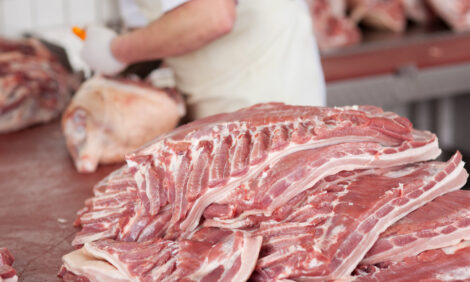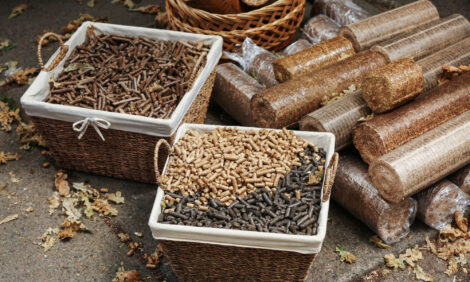



Benefits of pig and poultry antibiotics may outweigh risks
UK - A team of researchers has found antibiotic use in animal production results in healthier animals, and the meat from these animals has lower levels of bacteria that can cause food-borne illness in people.|
NPA is active on members' behalf in Brussels & Whitehall, and with processors, supermarkets & caterers - fighting for the growth and pros-perity of the UK pig industry. |
University of Minnesota researchers developed a mathematical model to evaluate the potential human health risks and benefits of the use of the antibiotic tylosin in chickens. They compared the potential risks associated with increased levels of antibiotic-resistant bacteria in meat with the potential benefits associated with decreased risk of food-borne illness.
"Antibiotic resistance is a problem in both human medicine and animal production," said Randall Singer who led the research team. "But our model demonstrated that the reduced number of infections and illness days associated with the use of tylosin in chicken far exceeded the increased human health risks associated with antibiotic resistance due to tylosin use."
Antibiotics are used in pig poultry production to promote growth and to prevent them catching diseases. Singer's studies acknowledged that some evidence indicates the use of antibiotics has the potential to increase the level of antibiotic-resistant bacteria in meat if low doses are used that don't kill all bacteria, allowing the most resistant bacteria to grow and potentially develop into superbugs.
Source: National Pig Association - 4th November 2004







